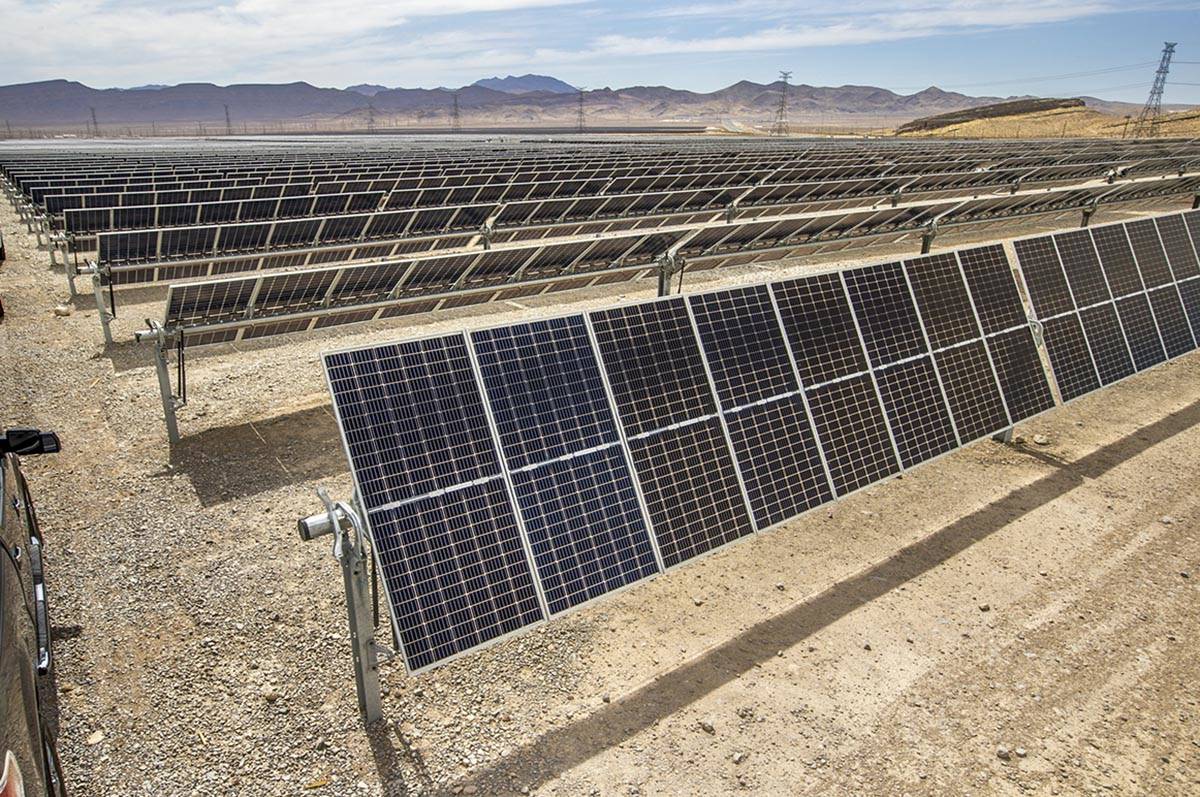VICTOR JOECKS: The parallels between ‘defund the police’ and renewable energy mandates
The public may one day regard renewable energy mandates with the same fury and disdain as “defund the police.”
Over the past year, supporters of defunding the police experienced rapid success. Officials cut police budgets in New York, Philadelphia, Portland, Oakland and more than a dozen other cities.
Prominent Democrats expressed support for this movement. During the 2020 campaign, Joe Biden said he supported redirecting money away from the police, although he later flip-flopped. Rep. Alexandria Ocasio-Cortez, D-N.Y., didn’t think New York City’s proposed $1.5 billion cut to its police budget was enough.
Then, reality struck back. Murders shot up in numerous major cities. In Portland, homicides are up more than 500 percent. In Philadelphia, there’s a more than 35 percent increase.
As it turns out, soaring crime rates are extremely unpopular, even among Democrats. Former police captain Eric Adams appears to have won the Democratic primary for New York City mayor by calling for more police in high-crime areas. It’s hard to find a bluer area than New York City.
Biden is now a vocal supporter of re-funding the police, too. He said local governments could use coronavirus money to hire officers. The White House then suggested it was the GOP that actually supported defunding the police.
It’s amazing how quickly some politicians reverse course once the public experience the failures caused by bad policy.
Zoom out and there are potential parallels to renewable portfolio standards, which mandate that a state use a certain percent of renewable energy by a certain date. Nevada’s RPS requires that 50 percent of the state’s energy come from renewable sources by 2030. More than half the states have an RPS in place.
They’re often popular. Nevada voters enshrined the current RPS into the state constitution by an 18-point margin.
But they come with a little discussed downside. Renewable energy, such as solar and wind power, isn’t as reliable as power from traditional sources, such as natural gas, coal and nuclear. Also, traditional power plants can be ramped up to increase supply when demand peaks.
When the RPS is low, the unreliability of renewable energy is a manageable problem. As the percentages grow, however, so do the chances of power shortages.
New York’s goal is 70 percent by 2030. Earlier this week, New York and New Jersey experienced a heat wave and ran out of power. Thousands of residents lost electricity, which meant no air conditioning. That can be deadly. In April, New York Gov. Andrew Cuomo praised the shutdown of a nuclear plant that once produced enough energy to power a quarter of NYC. That capacity would have been useful this week.
It’s not just New York. Two weeks ago, the California Independent System Operator encouraged residents not to charge their electric vehicles during a “flex alert.” So California wants to get rid of gasoline-powered cars and then doesn’t want you charging your electric vehicle. Brilliant.
These power shortages are the result of policy choices. Absent a breakthrough in battery storage technology, they’re going to get worse as renewable mandates increase.
Voters aren’t going to stand for frequent power outages. When the backlash happens, expect it to look similar to what’s happening now with “defund the police.”
Contact Victor Joecks at vjoecks@reviewjournal.com or 702-383-4698. Follow @victorjoecks on Twitter.


















